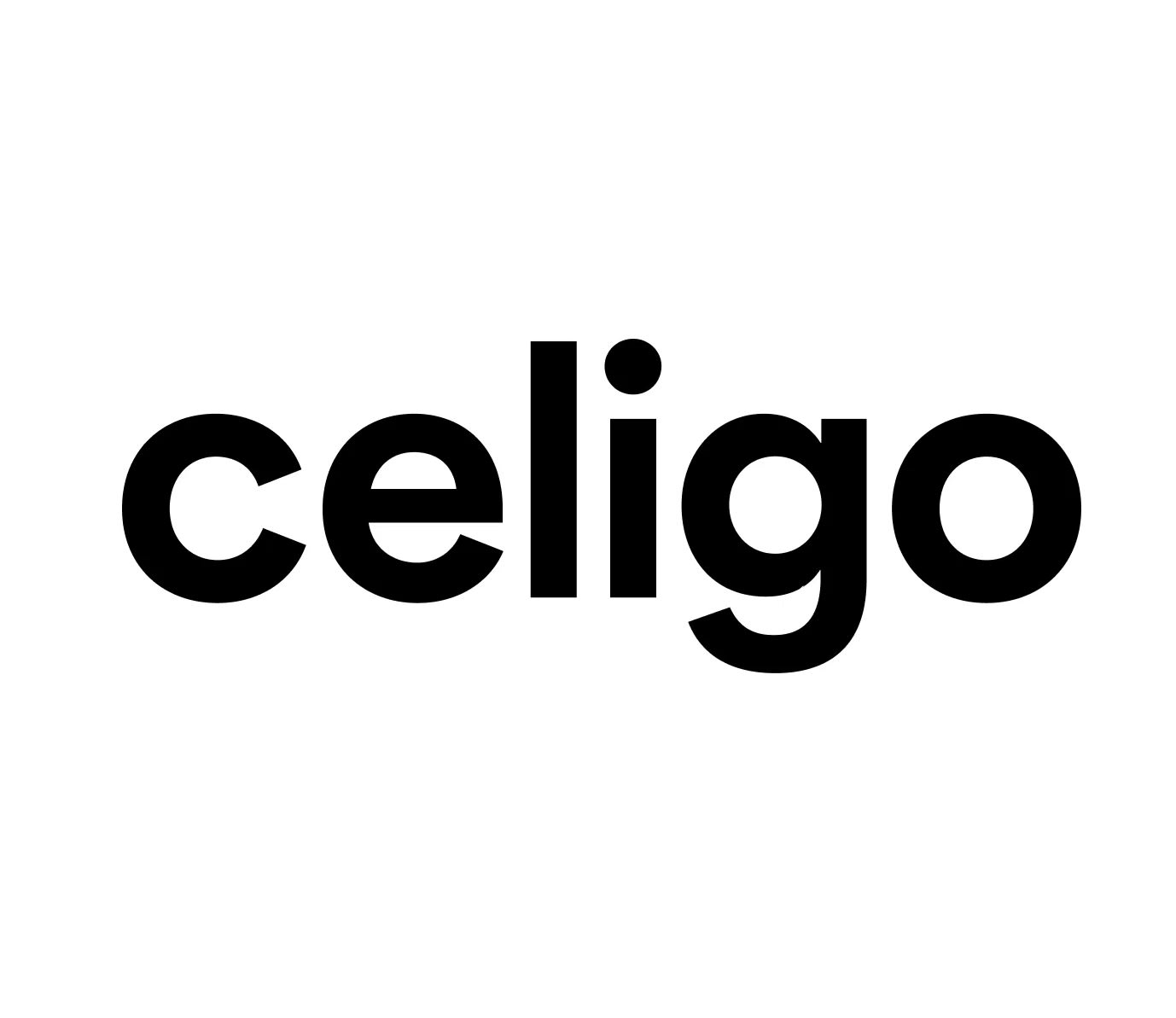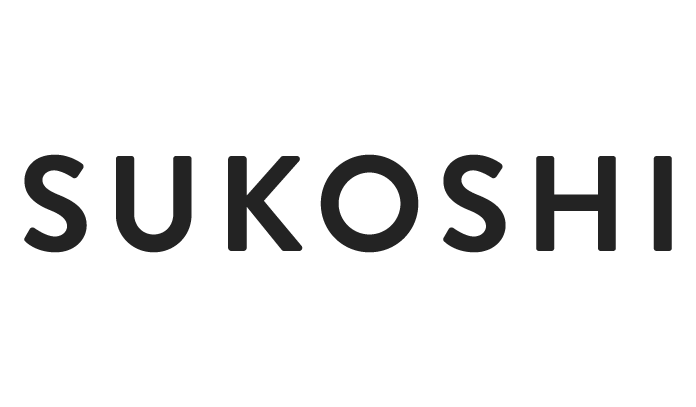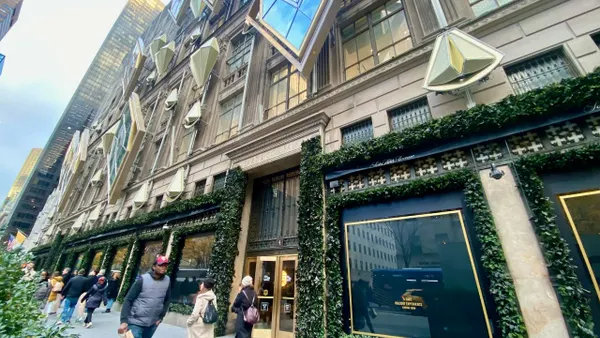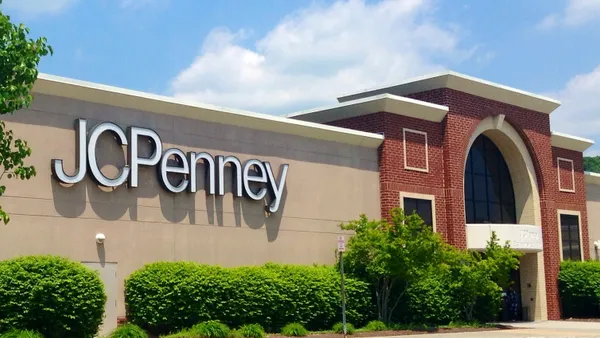UPDATE: June 19, 2018: Vintage Capital's deal to acquire Rent-A-Center includes $1.1 billion in debt, with the rest of the $1.37 billion purchase price funded by equity, according to a press release from investment bank B. Riley Financial, which led the financing.
Dive Brief:
- Rent-A-Center has cut a deal with private equity firm Vintage Capital Management to acquire the rent-to-own retailer for about $1.37 billion including net debt, according to a Monday press release. The deal, given a unanimous green light by Rent-A-Center's board, is subject to shareholder and regulatory approvals. The companies expect it to close by the end of the year.
- Vintage — which owns Vitamin Shoppe, the rent-to-own furniture retailer Buddy's Home Furnishings and has pursued Aaron's in the past — would take Rent-A-Center private as part of the plan, according to the release.
- Just last week, the retailer said it had completed a strategic review of its financial options, concluding that it was better off going forward alone with its strategic plan and without an acquirer. The following day, the company announced it had received an increased offer from an unnamed suitor that approached during the review, but the offer did not meet the criteria for full consideration from the board, Rent-A-Center said at the time.
Dive Insight:
After months of drama and activist pressure, and a whirlwind week of conflicting announcements, Rent-A-Center has decided to sell itself after all.
The deal gives shareholders a nearly 50% premium on the price of the company, and in going private the retailer will be relieved of the pressure from public shareholders to quickly fix the company's ailing sales and profit numbers.
Rent-A-Center would also join the ranks of private equity-owned retailers. That group now includes Staples, taken over and broken up by Sycamore Partners last year, and hardware retail co-op True Value. The list over the years also includes dozens of others, including some of those firms that fell into bankruptcy with debt from leveraged buyouts still on their books, among them Toys R Us, Nine West, Claire's Stores, Payless, Gymboree and more.
With new CEO Mitch Fadel at the helm, Rent-A-Center is trying to project confidence in its own business and its future to investors. The company said last week that cost cutting efforts are "significantly ahead of schedule," its performance had outperformed internal expectations, and that the retailer had been improving customer loyalty and retention through new pricing. For the year, management expects to make up to about $2.7 billion in consolidated revenue and adjusted EBITDA (earnings before interest, taxes, depreciation and amortization) of between $160 and $180 million.
Fadel said in a statement Monday that the deal with Vintage reflected "the significant progress we have made to materially improve our performance and would not have been possible without the hard work and focus of our talented co-workers over the last several months."
Pressure on Rent-A-Center to change quickly or sell itself mounted when Engaged Capital disclosed a 12.9% stake in February in a letter that also accused the Rent-A-Center board of being "asleep at the wheel" and urged a sale of the furniture and electronics rent-to-own company. Later in the month, the hedge fund nominated five people for three open positions on the board of directors.
Glenn Welling, Engaged Capital's founder and chief investment officer, wrote the board a private letter in December, saying Rent-A-Center's chief differentiator — its rent-to-own business — helped make the company "Amazon-proof," but that its reputation for predatory lending practices is an Achilles heel. Welling also detailed other problematic setbacks and criticized the abrupt departure days earlier of Rent-A-Center CFO Guy Constant.
The pressure has only intensified since. The company has been in turmoil, with Constant's exit quickly followed by the January resignation of CEO Robert Davis, who took over from founder Mark Speese in early 2014. Speese returned last April, about the time the retailer appeared on a Moody's Investors Service report naming it among the specialty retailers dragging down operating profit in the sector in 2017.














